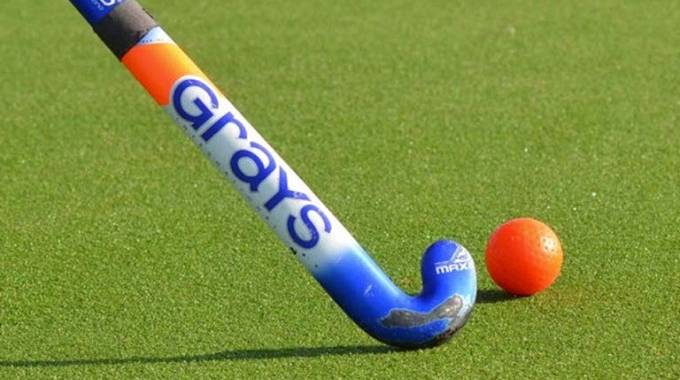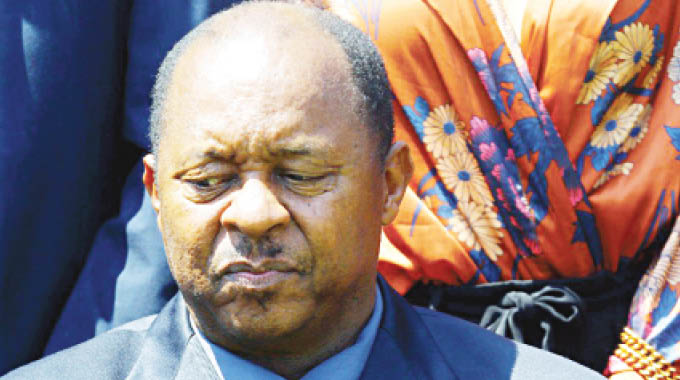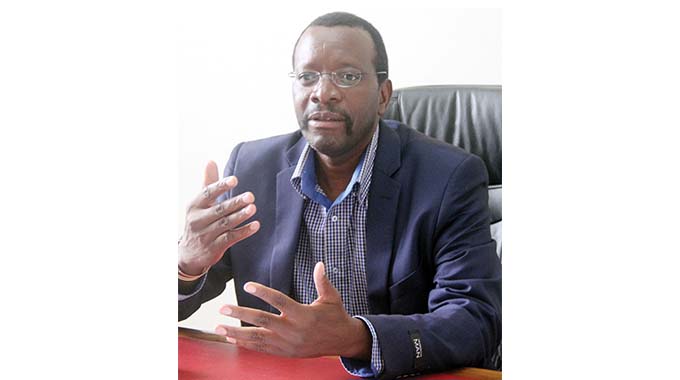Future of minority sports post Covid-19

Ricky Zililo, Senior Sports Reporter
WHEN sports activities were banned as part of measures to contain Covid-19 worldwide, the Sports Leaders Institute of Zimbabwe (Sliz) challenged sporting institutions to use the forced break to find other ways of generating revenue away from the field of play.
Very few anticipated that domestic sporting activities, which were suspended in March after President Mnangagwa declared the Covid-19 a State of Disaster, were going to remain suspended until now.
It is only those sports deemed low risk which have been allowed to return to action.
The National Athletics Association of Zimbabwe (Naaz) was allowed to hold track events but prohibited from holding field events and relays.
Other sports that were allowed to resume are golf, cycling, triathlon, cricket, angling, polocrosse, tennis, shooting, rowing and equestrian.
Caddies have been banned in golf .
For tennis, the balls will stay on site and will be sanitised before use.
Game situations have been banned in cricket. Spitting and ball shining are now also prohibited in cricket.
The Sports and Recreation Commission said sports granted authority to resume games have to strictly adhere to Covid-19 regulations.
But what does the future hold for minority sports in the post Covid-19 era?
Rainbow Amateur Netball League (Ranl) secretary Moses Gukumure said it’s difficult to predict the future of sport and their hope is for things to return to normal so they can play without masks.
He said he feared that some of the sponsors might pull out after being hit hard by the Covid-19 economic disruptions.
“The outbreak of Covid-19 limited activity in industry and the production sectors of our economy hence income for companies that support and finance sport activities has been adversely affected.
“We forsee most team sponsors withdrawing due to lack of capacity.
“In terms of growing the sport, we remain optimistic that we can build on the firm foundation we have built in the last two years.
“Our structures are still firm and we have always encouraged our athletes to continue exercising during this period in preparation for the post Covid-19 period,” said Gukumure.
Hockey official Gerald Ntelezi said Covid-19 came at a time when they were making progress with player development in Bulawayo.
He said they will follow recommendations made by the International Hockey Federation (FIH) regarding Covid-19, which advised them to follow guidelines set by the World Health Organisation (WHO), the Hockey Association of Zimbabwe and Government regarding public gatherings.
However, with sports being reintroduced slowly by SRC, Ntelezi is hopeful hockey will resume soon.
“At 1OAK Hockey Academy in Bulawayo, the safety and health of all athletes and staff we work with is very important to us.
“The plan to restart academy training and hockey, in general, has been discussed in brief as it has been considered as a sport with a high risk of infection. We therefore stand guided by the sports fraternity and Government,” said Ntelezi.
National Darts Association (Ndaz) official Maynard Moyo said they have drawn a plan based on the Covid-19 presence for a long time.
There will be changes in the set up of playing venues and some laws in response to the pandemic.
“We will continue with the WHO guidelines even after Covid-19 as they encourage personal hygiene.
“There are other diseases which have always been with us and they spread the same as Covid-19 which we feel going forward we have to stop their spread. We believe this is the new normal and need to continue post Covid-19,” said Moyo.
“Our venues have to conform to this new normal and players have to understand and accept it to ensure we are protected from such diseases.
“We will have challenges in acquiring venues which conform to what we expect. The process will financially drain our system trying to meet the standards,” he said. — @ZililoR












Comments